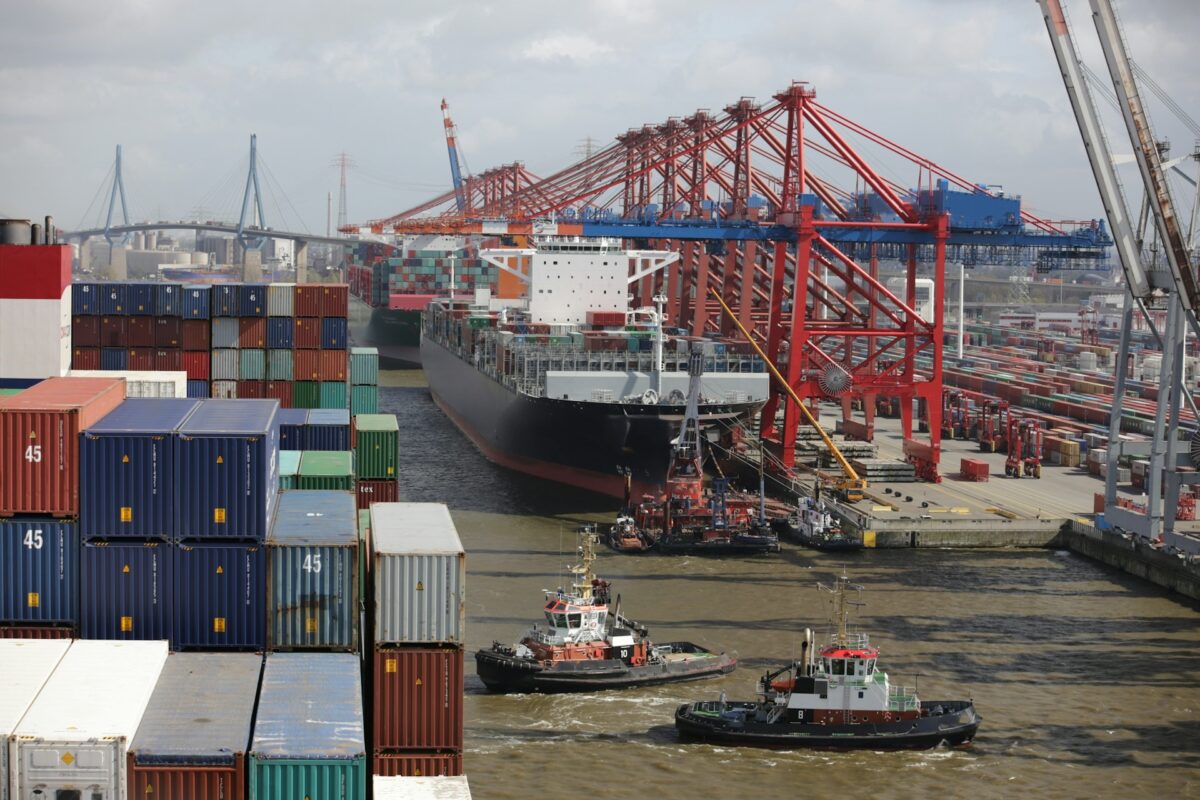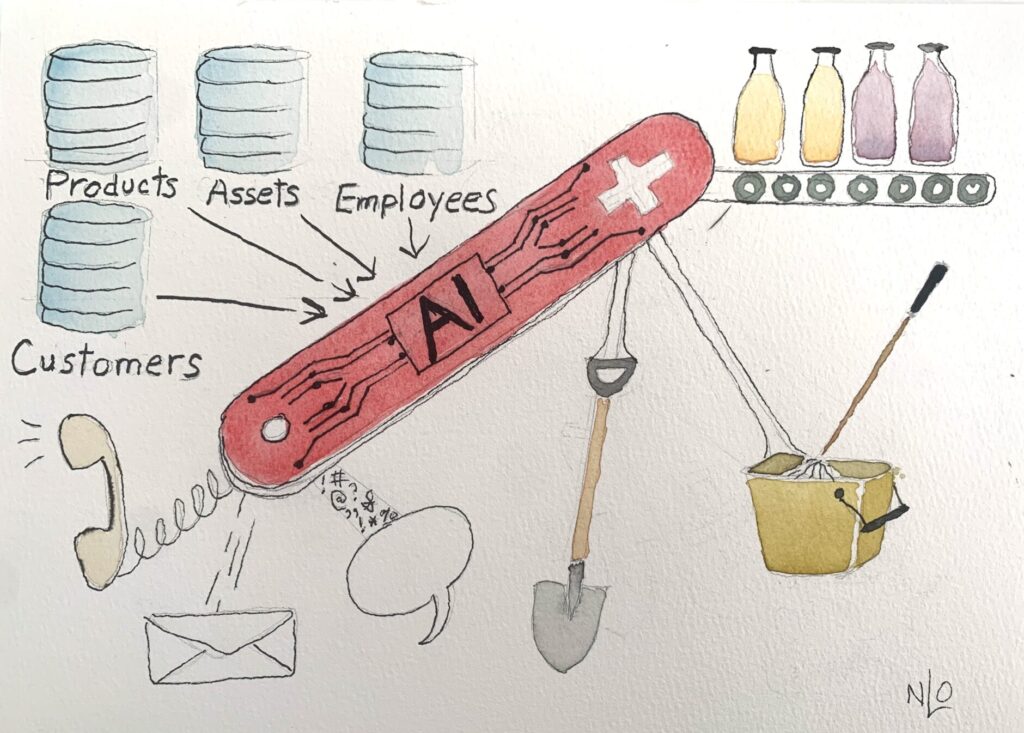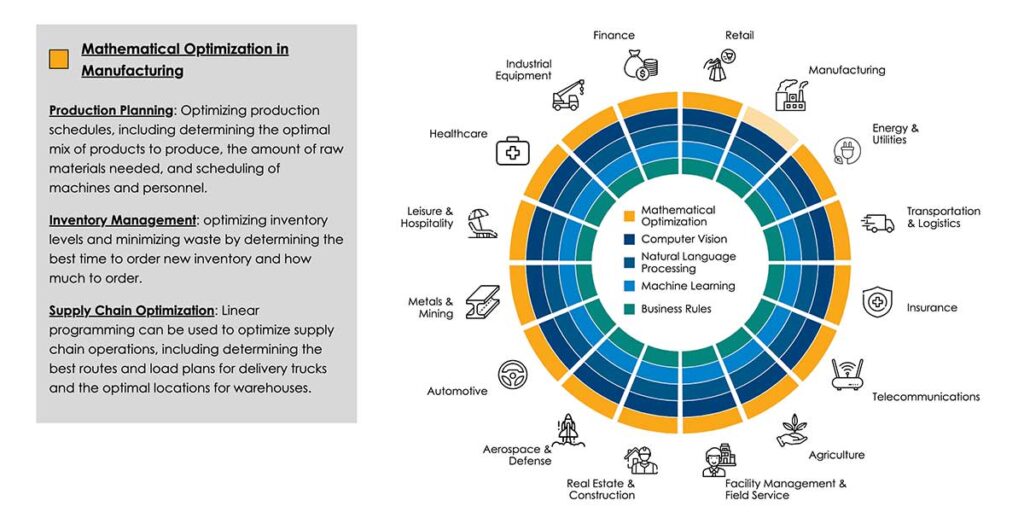Blog
Pourquoi l’Optimisation de l’Ordonnancement des Remorqueurs est un Défi Complexe mais Crucial pour les Ports
Le rôle critique de l’ordonnancement des remorqueurs dans l’efficacité portuaire
Le problème d’optimisation de l’ordonnancement des remorqueurs (TS pour Tugboat Scheduling) est un défi logistique complexe essentiel pour le fonctionnement efficace et sûr des ports du monde entier. L’utilisation efficace des remorqueurs est essentielle pour assurer le maniement sûr et fiable des grands navires dans l’environnement portuaire. L’optimisation de l’ordonnancement des remorqueurs consiste à déterminer la répartition la plus efficace et optimale des remorqueurs aux navires, en prenant en compte divers facteurs comme la taille des navires, la capacité des remorqueurs, les conditions météorologiques, les horaires de navigation et la disponibilité des remorqueurs. L’objectif du TS est de minimiser les coûts et de maximiser l’efficacité en trouvant le meilleur programme de remorqueurs.
L’importance de l’optimisation de l’ordonnancement des remorqueurs est devenue de plus en plus évidente ces dernières années, alors que les ports sont sous pression pour améliorer leur efficacité et réduire leurs coûts opérationnels. L’industrie maritime connaît une forte augmentation du commerce mondial, et les ports doivent être capables de gérer des volumes croissants de cargaisons tout en maintenant la sécurité et l’efficacité. L’utilisation de remorqueurs joue un rôle essentiel pour garantir la sécurité des navires, des équipages et des cargaisons. L’attribution optimale des remorqueurs aux navires est cruciale pour minimiser les temps d’attente, réduire les coûts et améliorer la sécurité globale des opérations portuaires.
Approches pour résoudre le problème d’ordonnancement des remorqueurs
Le problème de TS a été étudié dans la littérature, et diverses techniques ont été proposées pour y répondre. Ces techniques incluent la modélisation mathématique, les algorithmes heuristiques et les systèmes de programmation dynamique en temps réel. Les approches de modélisation mathématique consistent à développer des modèles mathématiques qui prennent en compte divers objectifs et contraintes, tels que la minimisation des coûts, la réduction des temps d’attente et la maximisation de l’utilisation des remorqueurs. Les algorithmes heuristiques impliquent le développement d’algorithmes utilisant des règles simples et des heuristiques pour générer des programmes réalisables. Les systèmes de programmation dynamique en temps réel utilisent des données en temps réel pour générer des plannings adaptés aux conditions changeantes, telles que les conditions météorologiques et les horaires de navigation.

Défis dans l’optimisation de l’ordonnancement des remorqueurs
Plusieurs facteurs contribuent à la complexité du problème de TS. L’un des principaux défis réside dans la variabilité des tailles et des horaires des navires. Les navires de tailles différentes nécessitent un nombre différent de remorqueurs et présentent des caractéristiques de manœuvre distinctes. De plus, les horaires de navigation peuvent être très variables, ce qui rend difficile l’attribution efficace des remorqueurs. Un autre défi est la disponibilité des remorqueurs. Les ports peuvent disposer d’un nombre limité de remorqueurs, et ces derniers peuvent être affectés à d’autres tâches, telles que la réponse aux urgences ou l’entretien, réduisant ainsi leur disponibilité pour les manœuvres de navires. Les conditions météorologiques peuvent également affecter l’ordonnancement des remorqueurs. Des vents forts, des vagues et des courants peuvent perturber la manœuvrabilité des navires et nécessiter des remorqueurs supplémentaires pour assurer un passage sûr.
Avantages de l’optimisation de l’ordonnancement des remorqueurs
L’optimisation de l’ordonnancement des remorqueurs peut apporter des avantages significatifs aux opérations portuaires. L’un des principaux bénéfices est la réduction des temps d’attente pour les navires. Réduire les temps d’attente permet de diminuer les coûts liés aux retards des navires et d’améliorer l’utilisation des remorqueurs. De plus, l’optimisation de l’ordonnancement des remorqueurs peut améliorer la sécurité des opérations portuaires, réduisant le risque d’accidents et augmentant l’efficacité des manœuvres de navires. Enfin, l’optimisation de l’ordonnancement des remorqueurs permet de réduire les coûts opérationnels en diminuant le nombre de remorqueurs nécessaires pour gérer le trafic maritime.
L’histoire du client
Découvrez comment la solution d’optimisation de l’ordonnancement des remorqueurs et des pilotes de DecisionBrain a amélioré l’efficacité opérationnelle d’un important opérateur portuaire.
DecisionBrain est un fournisseur de premier plan de logiciels avancés d’aide à la décision utilisés pour résoudre les problèmes d’optimisation de la supply chain, de la planification de la main-d’œuvre et de la maintenance, de l’ordonnancement et de la logistique les plus difficiles au monde. Avec des années d’expérience dans l’apprentissage automatique, la recherche opérationnelle et l’optimisation mathématique, DecisionBrain fournit des systèmes d’aide à la décision sur mesure là où les applications packagées ne suffisent pas. Contactez-nous pour en savoir plus sur nous et nos solutions !
À propos de l’auteur
Desirée est Senior Optimization Engineer chez DecisionBrain. Elle apporte une vaste expérience dans la conception et la mise en œuvre de solutions d’optimisation dans divers domaines, tels que la logistique des transports, la planification et l’ordonnancement de la main-d’œuvre et de la maintenance. Elle est titulaire d’un doctorat en génie civil de l’Université de Trieste, en Italie.










